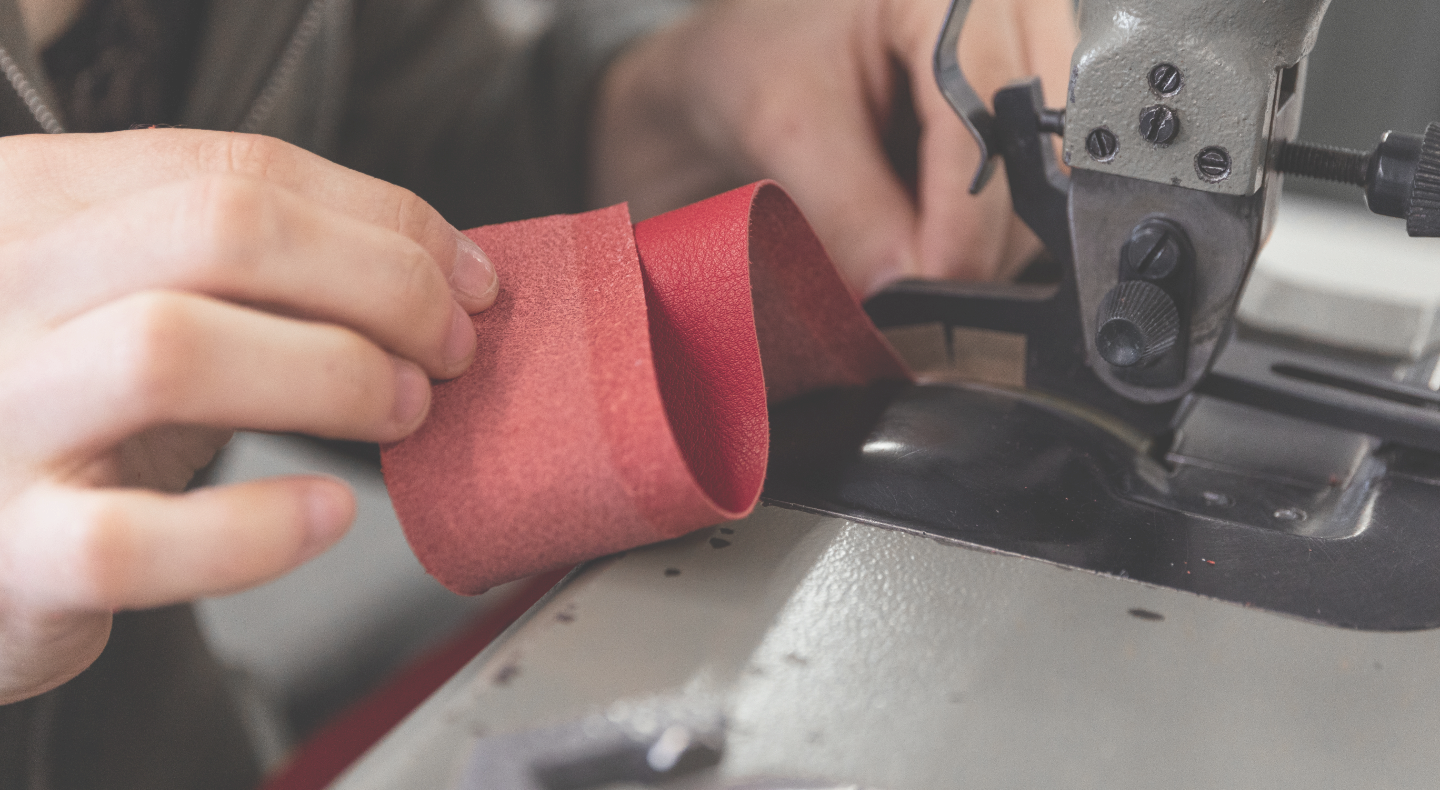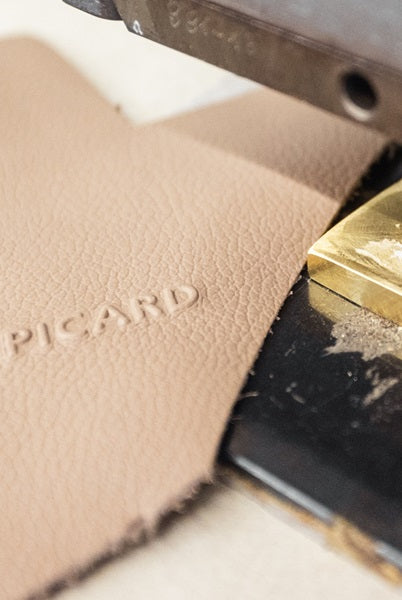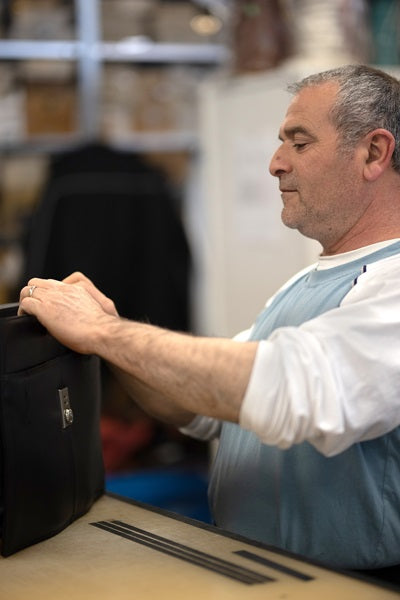
SUSTAINABLE LEATHER FOUNDATION
The SLF's MISSION
Today's society is better informed and has a greater awareness of the impact of production and consumption on the earth's natural resources and their regenerative capacity, of the negative effects that can damage our ecosystem, of the importance of fair and humane treatment of workers and of animal welfare.
Environmental, social and economic responsibility are essential components for a sustainable industry. Our mission is to help the global leather value chain learn, improve and protect for future generations, following the principle of People ~ Planet ~ Profit.
“Let's be the change that secures the future” - Deborah Taylor, Managing Director.
WHAT WE DO
We are industry-led and consumer-focused. At the heart of the Foundation is the integrated SLF Transparency Dashboard™, which is linked to a certification standard that assesses compliance with the three pillars of sustainability and the performance of companies operating in the leather value chain:
- Environment
- Social issues
- Leadership






